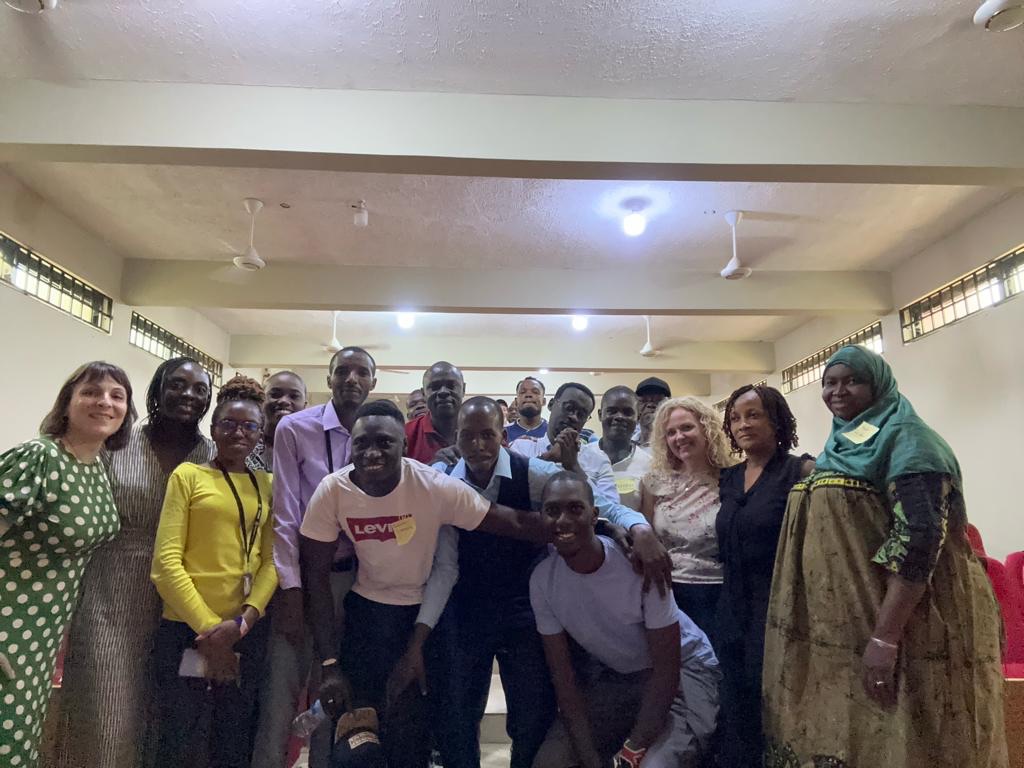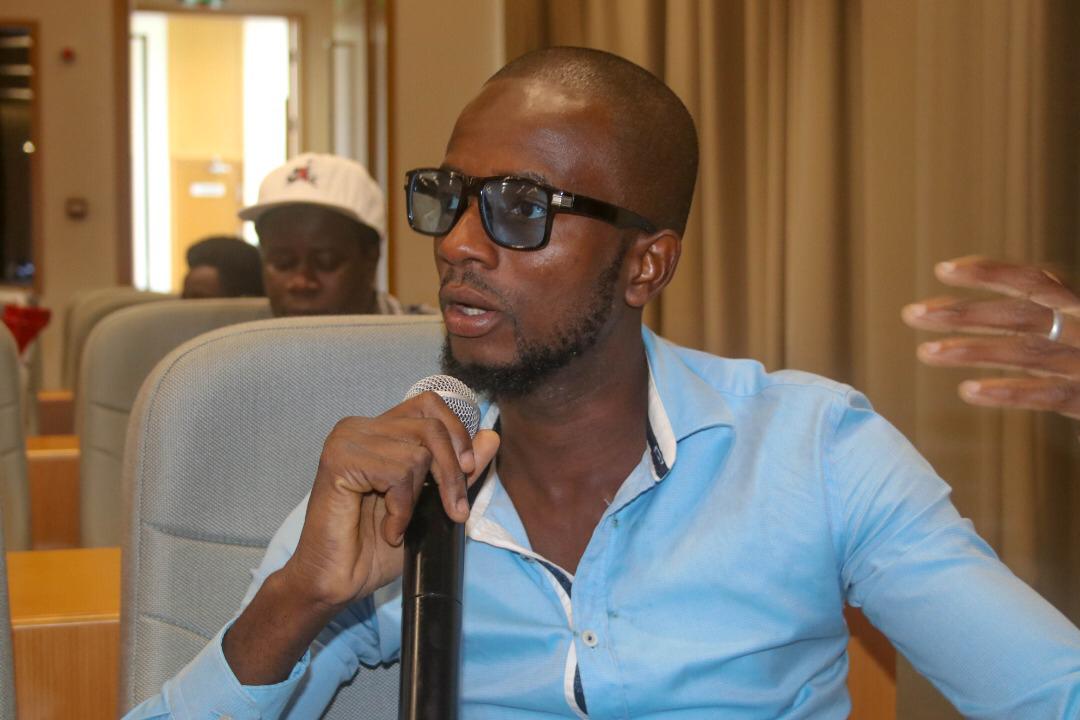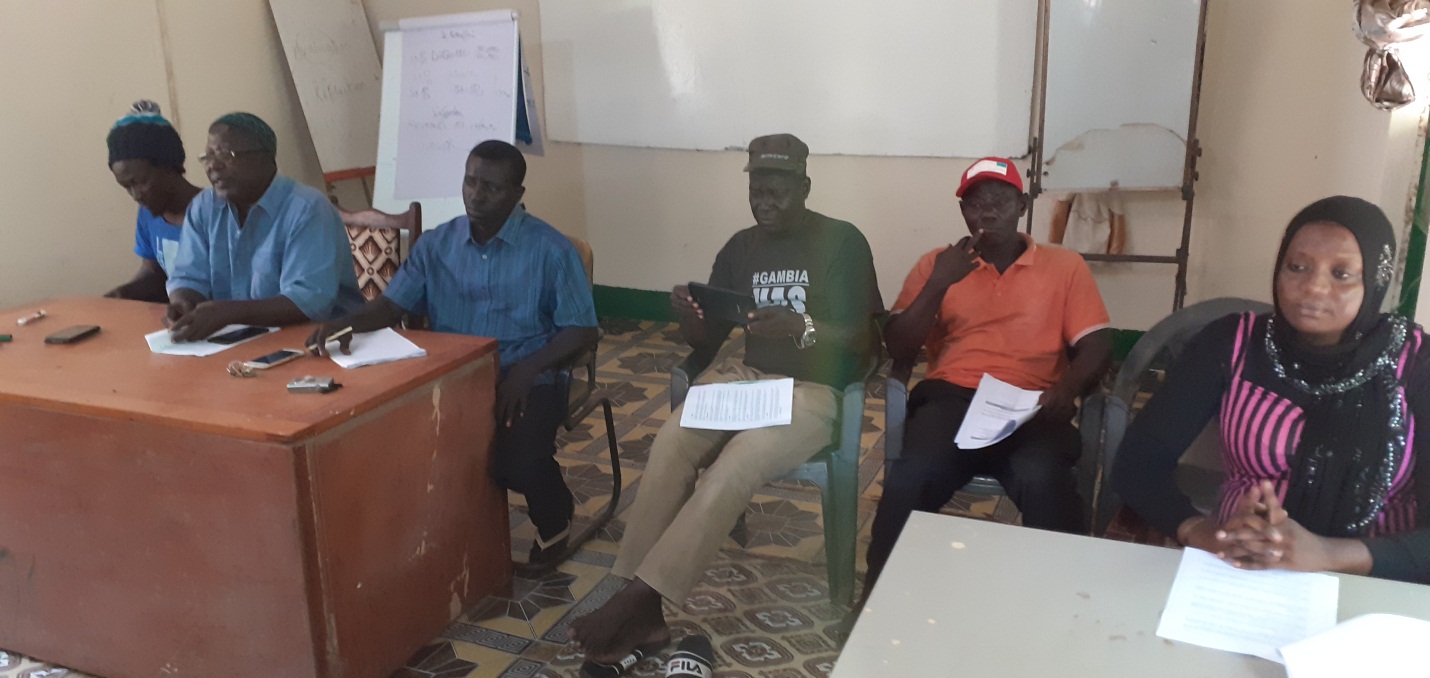By: Yunus S. Saliu
The Institute of Travel and Tour of The Gambia (ITTOG) recently played host to a group of students from Leeds Beckett University in the UK.
The students are beneficiaries of the Commonwealth scholarship and the visit was part of their annual field trip to the ITTOG. As part of the associated events of the tour, an international workshop was held from 23rd to 25th January 2024.
The Commonwealth awarded the students scholarships to pursue a Master’s degree in Responsible Tourism Management through distance learning and beneficiaries hailed from Ghana, Gambia, Rwanda, Tanzania, Zanzibar, and Kenya.
Lucy McCombes, a co-founder of the Ninki Nanka Encounters Foundation explained that the course takes place over three years, and each year, the students go to a different country.
“This year, they’ve come to learn about the Gambia’s responsible tourism industry as well as have some classes and attend the first international conference on responsible tourism practices and cultural heritage management held at Sindola Safari Camp,” McCombes added.
As part of their activities, the students traveled around the country to compare The Gambia to other different countries they come from to learn more about practicing responsible tourism, its policy, and others.
The students, according to McCombes, saw lots of potential, particularly in The River Gambia.
“We took them all on a river cruising tour to Janjanbureh. We saw hippos and chimpanzees,” she added.
She described the river cruising and Janjanbureh KankurangCultural Festival as a nice experience.
“It is an amazing opportunity to see all those cultural diversities. It is great,” she acknowledged.
Ms. McCombes, however, pointed out that more needs to be done in terms of infrastructure and development. “But the whole product is good,” she added.
Commenting on one of the Gambia’s successful tourism packages, she said Ninki Nanka Trail (NNT) is very much focused on harnessing the potential of the River Gambia for the Gambian people.
“But pulling it together is a lot of work and a lot of money to sort new jetties, new accommodations, working with communities, thinking about waste management, renewable energies, and about transport. There’s a lot of work that needs to be done which requires a lot of collaboration between stakeholders and a lot of resources,” she explained.
McCombes said the NNT is a folklore about a mysterious dragon that lives in River Gambia with supernatural powers, various interpretations, stories, and descriptions – good and bad, and it was integrated into local culture and traditions, intangible cultural heritage.
The objective is to diversify Gambian tourism products from the sun, sand, and sea to reduce poverty, empower host communities, and create livelihood opportunities, and skills training among others.





